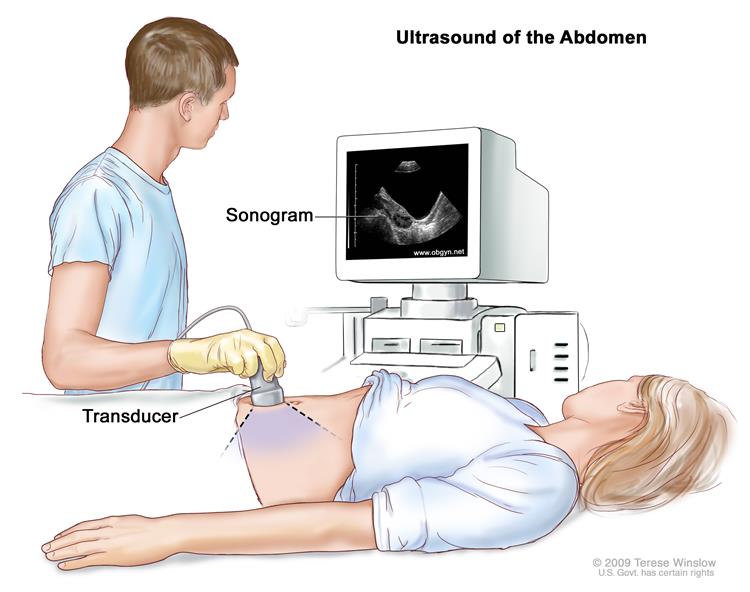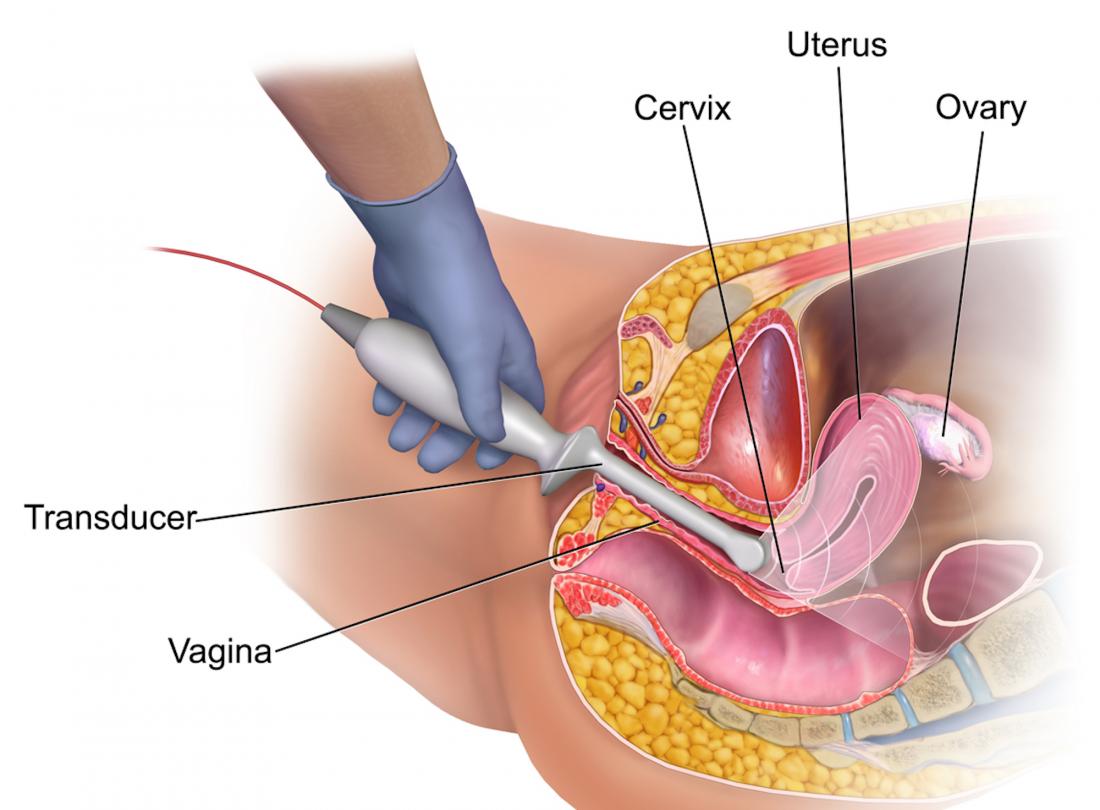Contents:
- Medical Video: Transvaginal Sling Excision (Graphic)
- First recognize the differences in abdominal ultrasound and transvaginal ultrasound
- Place and procedure for inspection
- Target of inspection
- Check time
- So, which ultrasound examination do you choose?
- Which is more effective at detecting interference?
Medical Video: Transvaginal Sling Excision (Graphic)
If all this time you only know about abdominal ultrasound, do you know there are still various other types of ultrasound? Transvaginal ultrasound is one of them. But of them both, which ultrasound examination procedure is the best to do? Is abdominal ultrasound or transvaginal ultrasound? Here's the full review.
First recognize the differences in abdominal ultrasound and transvaginal ultrasound
Both transvaginal ultrasound and abdominal ultrasound can actually be done before or during pregnancy. Both are available for those of you who want to check the development of pregnancy or check certain health problems.
However, before actually assessing which ultrasound examination should be chosen, it is better to first understand the differences in each of these transvaginal and abdominal ultrasound.

Place and procedure for inspection
At a glance of its name, of course abdominal ultrasound and transvaginal ultrasound clearly have different examination techniques.
Abdominal ultrasound or abdominal ultrasound is an examination performed through the outside of the abdomen, by applying gel to the entire abdominal area. Besides being useful for smoothing the movement of the transducer, this gel also aims to prevent the presence of air between the skin and the transducer. Next, the doctor will use a stick called a transducer that is moved above the abdomen to capture the real picture of all the internal organs in it.
While transvaginal ultrasound is a method of internal examination involving the use of 2-3 inch transducers to be inserted directly into the vagina. You will get a more detailed picture of the results of examination of the female reproductive organs, including the vagina, uterus, oviduct, ovaries, and cervix.
Target of inspection
Although more often known as a routine examination method for pregnant women, but that does not mean you are not pregnant are prohibited from doing this abdominal ultrasound. Because the stomach, kidneys, liver, pancreas, intestines, and other organs in the abdominal cavity are also the main targets of abdominal ultrasound.
Especially for those of you who have been diagnosed with a doctor experiencing body organ swelling, fluid buildup in the abdominal cavity, kidney stones, appendicitis, etc. that are more easily detected through abdominal ultrasound.
Another case with transvaginal ultrasound is more intended to examine the female reproductive organs, both during pregnancy and not. Examination outside the pregnancy is useful in detecting the growth of cysts or tumors in the ovary, abnormal pelvic pain, vaginal bleeding, or ensuring proper IUD insertion.
When performed during pregnancy, a transvaginal ultrasound usually aims to monitor any changes in pregnancy that may be at risk, check the fetal heart rate, check the condition of the placenta, indicate the possibility of abnormal bleeding.
Check time
Another thing that distinguishes abdominal and transvaginal ultrasound examination is the time rule for the method. Abdominal ultrasound can be done at any time as soon as it is recommended by a doctor, whether to check pregnancy or check a medical condition.
While the transvaginal ultrasound has a special time rule, which is in the early trimester of pregnancy, before pregnancy reaches the 8th week of pregnancy. Or when it has entered the ovulation phase or fertile period for women who are not pregnant.

So, which ultrasound examination do you choose?
Basically, the method of abdominal ultrasound examination or transvaginal ultrasound is equally accurate. The main determinant of what type of ultrasound to go through depends on the purpose of your examination.
If you are not in pregnancy and want to know the condition of the reproductive organs, then transvaginal ultrasound can be an option. But if you want to ascertain the condition of the abdominal organs and are not pregnant, you can choose abdominal ultrasound which is more specifically observing the organs in the abdomen than the transvaginal ultrasound.
Similarly, women who are pregnant. Transvaginal ultrasound performed during pregnancy actually has the same goal as abdominal ultrasound, which is to monitor the condition of the fetus in the stomach.
Which is more effective at detecting interference?
It's just that, transvaginal ultrasound is considered to have a far more profound method because it can face directly in close proximity to the organ that you want to examine. Especially if done during the early trimester of pregnancy, where the size of the uterus is not too developed so it is rather difficult to be observed through external screening.
Supported by the results of a study published in the Journal of Ultrasound in Medicine, transvaginal ultrasound was considered superior compared to abdominal ultrasound. This is because the transvaginal ultrasound is able to show the condition of the fetus as well as the mother's reproductive system more clearly and accurately during pregnancy.
Transvaginal ultrasound results are also considered more effective than abdominal ultrasound when done at less than 10 weeks' gestation, used by people with more weight (obesity), and in women with a reverse uterus (retroverted).
Even so, return to the initial purpose of your examination. Because the point is, these two ultrasound can be the best choice in giving an idea of the condition of the fetus and the organs in the body.












